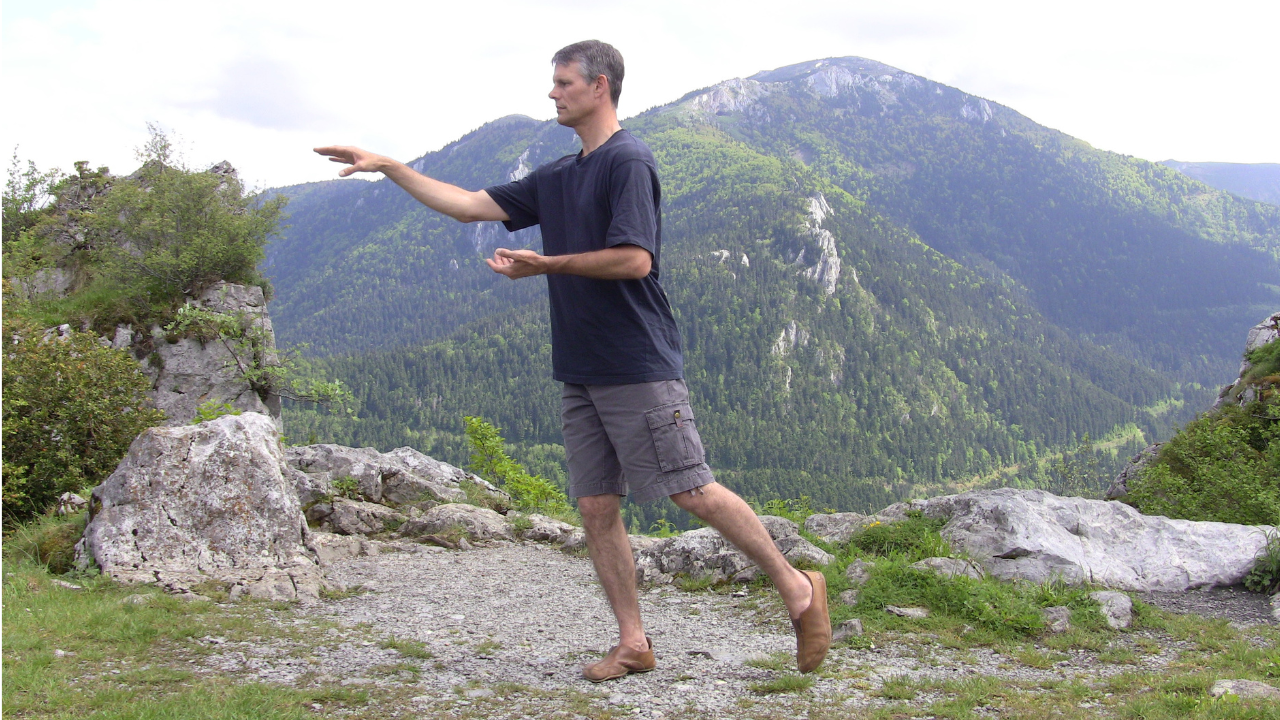The Principle of Thirds: How to Exercise Moderation (Part 2 of 2)
Jul 25, 2022

By Paul Cavel
In my previous post, I introduced The Rule of Thirds — a primary principle of the Water Method that promotes the conservation of energy that leads to personal growth in body, mind and qi. Below I answer the question of why the Rule of Thirds is important to implement in our lives.
Why Adhere to the Principle of Thirds?
The Rule of Thirds prevents injury or damage to the body, exhaustion of your energy, as well as strain in the mind or internal resistance, allowing you to train another day. By keeping one-third in reserve, you’ll always be left feeling you could do more, and therefore don’t drain your reserves or sap your ability to continue long-term training.
The number one reason top athletes drop out of professional sports is because of injury. They push too hard and snap, crackle, pop! The same goes for business people who consistently use force — they get desperate, greedy, overwhelmed by their emotions or simply burn out before they achieve their ultimate goals.
A smooth and steady flow can help you keep it together for the long haul and make your work, passion or sport more enjoyable for you and others in the meantime. The senior executives I train are well aware that they must set the pace or they will too easily become overwhelmed by it, and they have a self-selecting quality for being able to create and use space in the midst of the madness. It’s a skill that anyone can develop with the proper time and application of their intent.
Diminishing Returns or Diminishing Resistance
Focusing your intent without the push-and-force mentality is a training process that entails learning how to apply your full effort — without strain — to keep from depleting energy reserves. To start, in your practice (or when performing any exercise for that matter), you attempt to exercise to the point where you feel your system is functioning well and you can sustain this feeling for awhile. When you finish, you want to have the sense that you could have practiced a bit more. You don’t want to feel that you could have done a whole lot more — say two or three times what you did — but you don’t want to be exhausted from exercising.
Moderation Accomplishes Two Important Goals
Moderation is so important because it accomplishes two key goals:
-
Leaves a reserve in the energy banks of your body.
-
Prevents resistance so that you continue training over years and decades.
When you go beyond your comfortable ability, the body simply resists being forced into high performance: the cunning mind of any intelligent individual, fueled by the powerful rebound from the push, will find any excuse not to train.
Adhering to The Rule of Thirds generates incredibly gentle, low-impact exercise, which in turn allows the body to heal. In the process, you prevent further setbacks from the body becoming stiff or closed down due to inactivity or overdoing it. It is an essential key, allowing for complete relaxation of the mind, body and nervous system to support recovery, because the body’s natural healing defenses operate optimally when the body is relaxed and open (rather than under pressure and closed down).
The Principle of Thirds Supports Personal Growth
The Principle of Thirds can be adapted to the needs of any individual depending on their current state of health and other personal factors. It provides a general operating strategy rather than absolutes that can be limiting to some individuals. Yet the Rule of Thirds provides a framework for any individual to assess the present state of their body, mind and qi before practice to ensure they don’t push themselves beyond their ability or remain lazy and perpetually under do it. Being in touch with your present state of being and capacity is precisely what allows you to adjust, and grow.
Join a course — online or in person — to learn how the Water Method can help you overcome physical, energetic, emotional and mental traumas, to become stronger and feel more alive!

